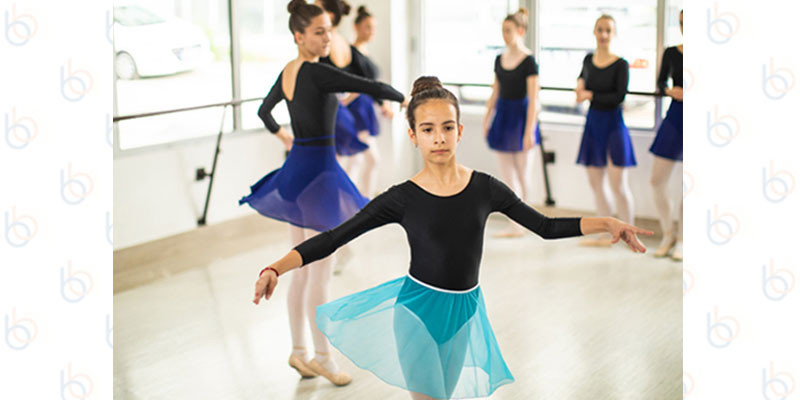Algonquin
Practice Makes Perfect
"Deliberate practice (DP) occurs when an individual intentionally repeats an activity in order to improve performance. The claim of the DP framework is that such behavior is necessary to achieve high levels of expert performance." (Campitelli & Gobet, 2011, p.280).
You've heard the phrase time and time again: "Practice makes perfect!" Of course, we all know this is true. However, do you know just how much practice it takes to reach perfection? Is perfection even really attainable? At Best Brains of Algonquin, we have our own take on what perfection means and how to reach it for our Math, English, Coding, and Abacus students.
There's no doubt it's challenging to learn something new. This is what makes our Coding and Abacus courses at Best Brains so unique; while English and Math are both subjects that students (while there is no doubt they need practice) are already familiar with. On the flip side, Coding and Abacus are subjects that aren't typically covered in regular curricula. This is where the need for practice comes into play. It takes approximately 10,000 hours to become an "expert" at something, which is proof enough to show that the more practice you put into learning something, the better you will become.
Learning requires stepping out of your comfort zone. Intellectual understanding is valuable, but not enough to achieve full potential. Making those jumps to achieve your best is done best via consistent practice.
There are three primary steps that we at Best Brains Algonquin acknowledge for practicing, especially when it comes to practicing a new skill.
First, we recommend acknowledging the challenge. It's all too easy to push aside the pressure of taking on a difficult challenge by treating it as less ambitious than it is. Being honest about the difficulties of a new task helps to allow mental room for mistakes, which are bound to happen. Creating an environment for students where exploring and trying new things is constantly welcomed is a vital part of taking on new challenges.
Second, it's essential to hone in on one thing rather than taking on too much at once. Limit your scope because, to be frank, it's just too hard to practice too many things at once. Picking one or two to practice at a time and perfecting those fosters better results and less frustration.
Lastly: time, time, and more time. The ideal method of practicing is to practice daily if possible with limited distractions. Additionally, scheduling a specific time each day to get this practice in can help to incorporate it into a daily routine.
Here are some additional tips to help with effective practicing:
- Be sure to incorporate frequent breaks during practice
- Utilize visualization/imagery to help finalize ideas mentally
- Minimize distractions as much as possible
- Start slow and work to increase speed as time goes on
One thing that is vital to understand is that perfection is unfortunately something that will never be attainable. We are called "Best Brains" for a reason -- and that reason isn't because our students are perfect. It is because we encourage our students to be their best selves in all facets of life. Working to incorporate practice into daily life helps students realize their full potential, and there is nothing more valuable than that!




